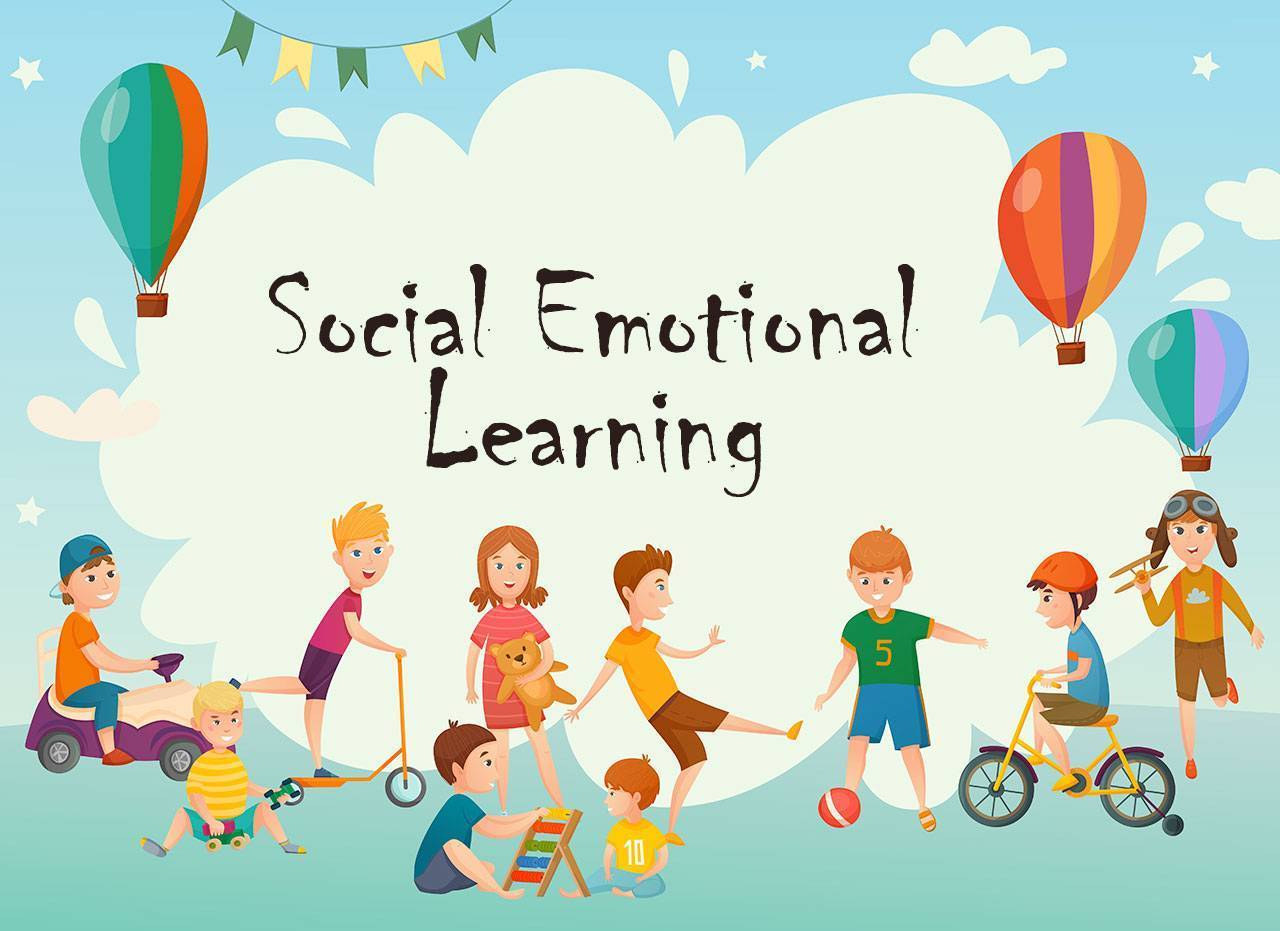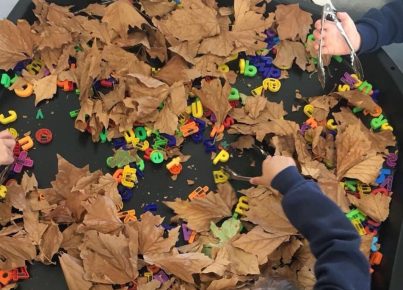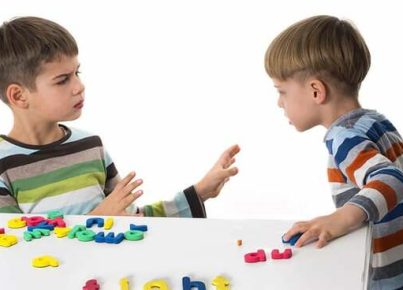In the fast-paced world of education, it’s easy to focus solely on cognitive development and academic skills. However, an area just as crucial for children’s success both inside and outside the classroom is their social and emotional learning (SEL). SEL is the process through which children and adults understand and manage emotions, set positive goals, show empathy for others, establish positive relationships, and make responsible decisions.
Why is Social-Emotional Learning Important?
SEL provides the foundation for safe and positive learning and enhances children’s abilities to succeed in school, careers, and life. Research has shown that SEL not only improves achievement by an average of 11 percentile points but also increases prosocial behaviors (such as kindness, sharing, and empathy), improves student attitudes toward school, and reduces depression and stress among students.
Social Stories: A Tool for Teaching SEL
One of the innovative methods used to teach SEL skills to kids are social stories. These are short narratives designed to teach individuals how to understand and navigate social situations. The stories often include specific examples of how to behave or respond in certain scenarios. They are particularly effective for children with autism but can benefit all students.
Example Social Story: “Sharing in the Classroom”
Title: “Sunny Shares at School”
Sunny was feeling excited about his new toy car he brought to school. During playtime, his friend Timmy saw the car and asked if he could play with it too. Sunny really liked his car but remembered what Ms. Rose had taught him about sharing.
The story would go on to describe Sunny’s thought process as he decides to share his toy with Timmy and the happy outcome that follows – both boys playing together with the car. It would also reflect on Sunny’s emotions during this interaction.
Through stories like these, children learn that sharing can lead to positive group experiences and mutual enjoyment of shared activities. By repeating such stories and discussing them within different contexts – like at home or with various peer groups – SEL concepts are reinforced.
In conclusion, social-emotional learning is a vital part of child development that encompasses vital life skills necessary for navigating relationships and challenges. Integrating tools like social stories into everyday learning can significantly enhance this aspect of children’s education, helping them grow into well-rounded individuals capable of empathy, cooperation, conflict resolution, and more. With SEL at its heart, education takes a holistic approach to equip our future generations with essential tools for success in all areas of life.





